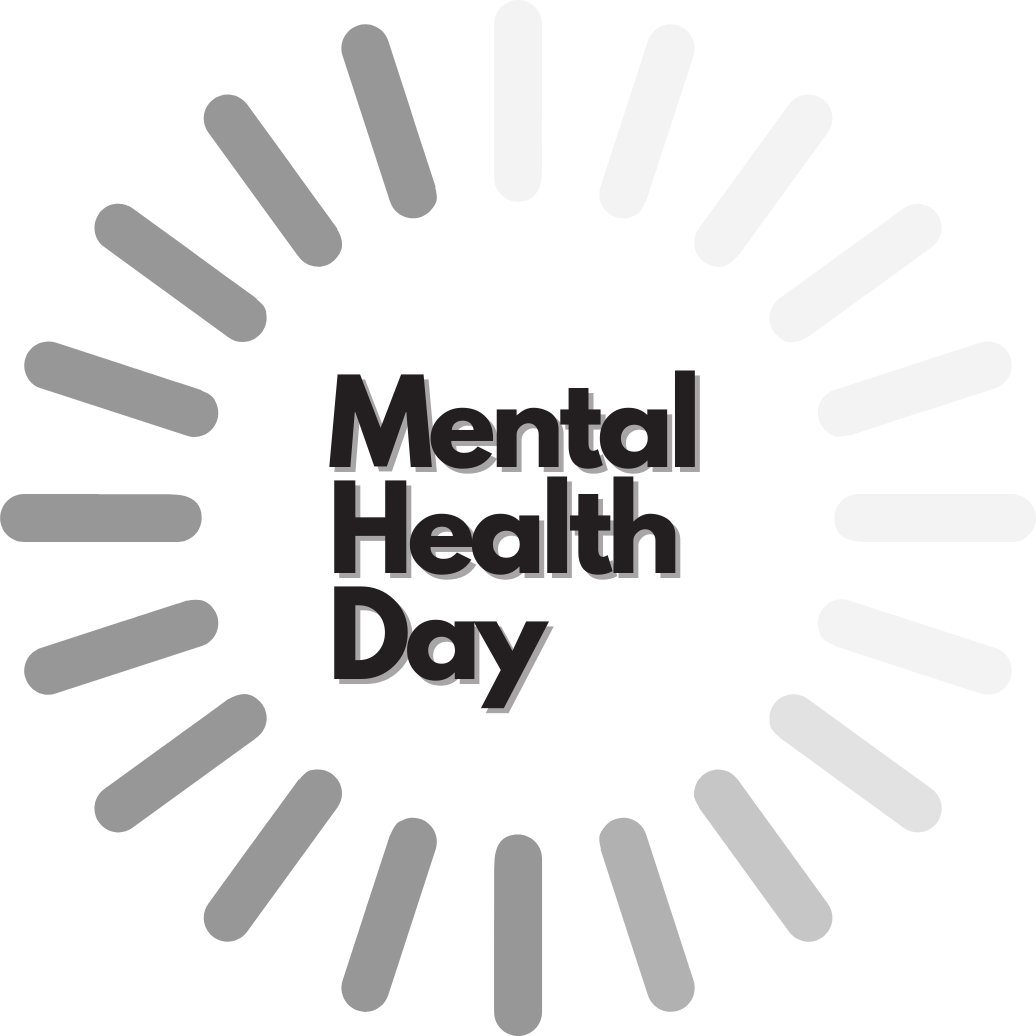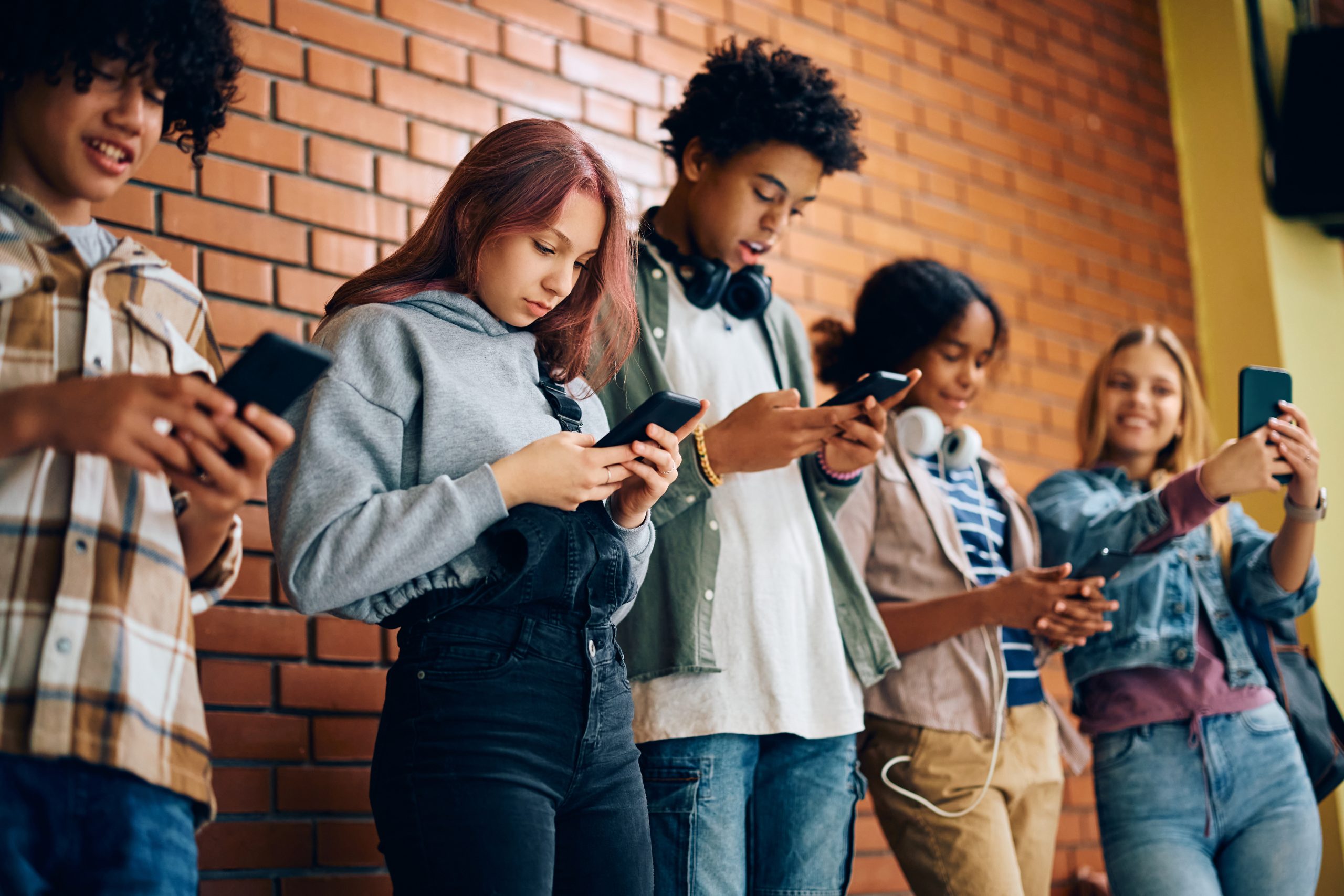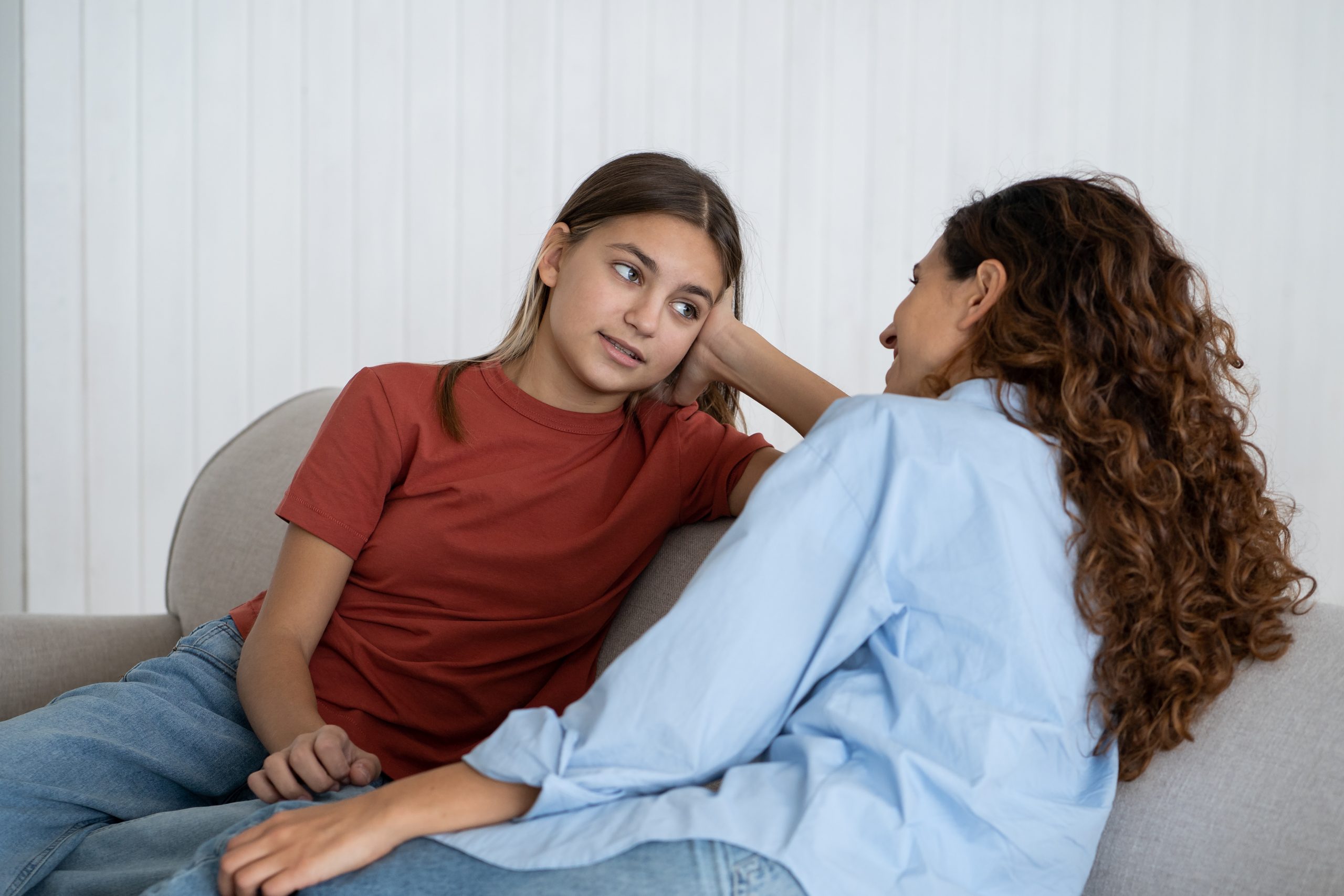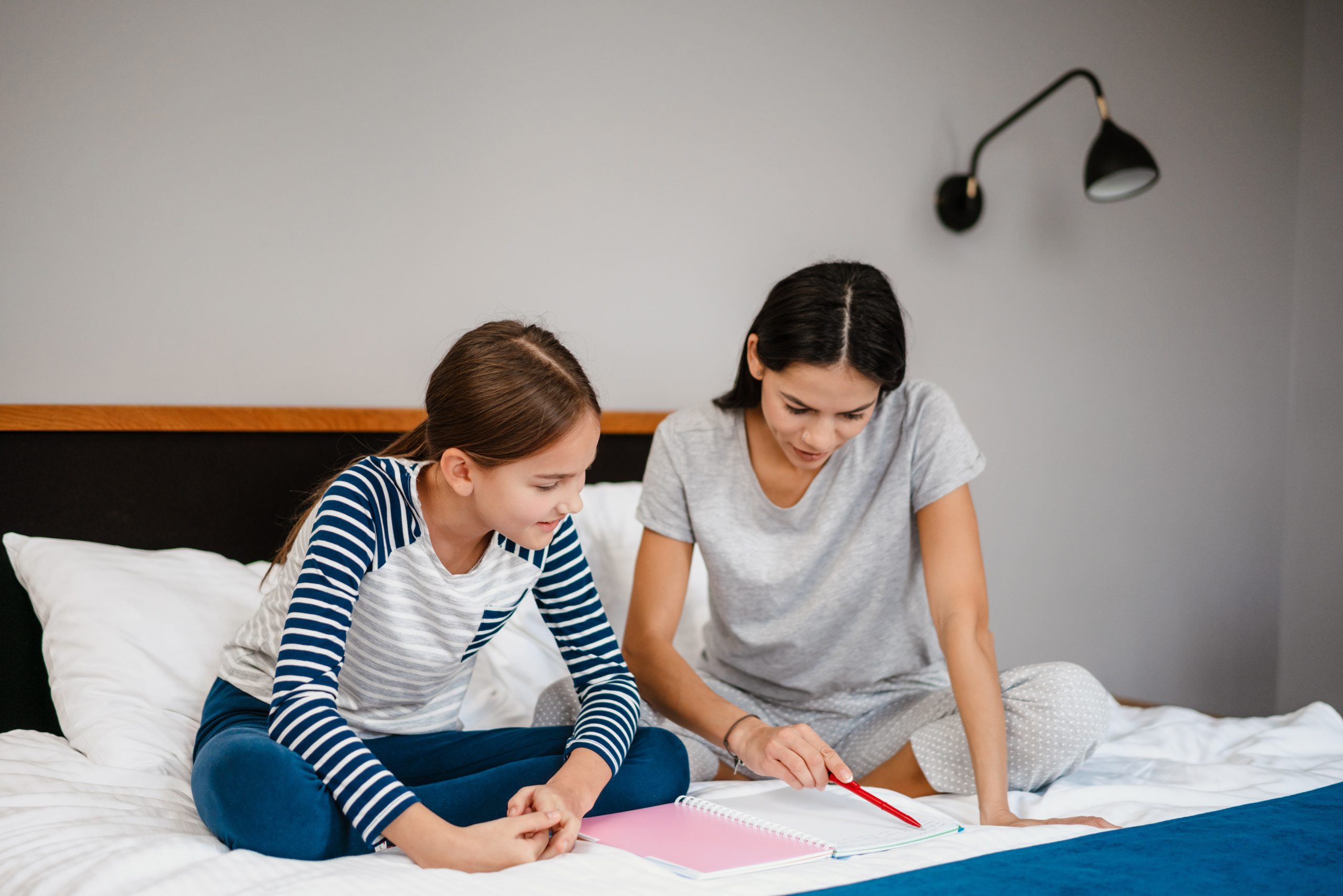
Welcome.
We’re so glad you’re here.
Every October 10 is Mental Health Day, but mental health is important all year. Regular breaks from social media can help you reflect on your own usage and the impact it makes in your own life. You can take the pledge to Take a Break from social media any time by clicking the button below.
Take a Break!
This site will connect you with resources to understand the impacts of social media, help you assess the role it plays in your life, and offer simple ways to support your mental and emotional well-being.
This is a space for learning and possibility.
Come as you are, and find what works for you.
Note: Understandings and expressions of mental health and well-being vary from individual to individual, culture to culture, community to community. This site tries to be as globally relevant and inclusive as possible, but we recognize that there are many things, big and small, that may be missed. What we offer here is a beginning, and can be complemented by the resources available in your community.
Understand
Let’s Talk About Social Media
Some of us were born before it existed; some of us have never known the world without it. But for many of us, social media has changed how we interact with and relate to ourselves, our communities, and the world.
Social media is powerful.
It can shape the way we think, how we act, and who we believe ourselves to be. It can provide a place to connect, to find support and community. It can be a stage for our creativity. And at the same time, it can lead to comparison, perfectionism, and isolation, driving feelings of loneliness.
For young people, processing the flood of information on social media is a biological challenge. In adolescence, the brain is hyper-sensitive to social cues, but is still maturing its reasoning and decision-making skills.
Replacing real-life activities and sleep with screen time adversely affects young people’s ability to control emotions, foster healthy social relationships, and interact with others in a positive way.
Browse the resources below to learn more about how social media impacts young people. From there, we’ll take a closer look at how social media impacts you.
%
of teens say they spend too much time on social media
%
of tweens use social media every day
%
of teens use social media every day
Average daily screen time in 2021
hours for tweens
hours for teens
Notes: Tweens = ages 8-12, teens = ages 13-18; Screen time includes: watching TV & online videos, playing video games, using social media, browsing websites, creating content, e-reading, & other digital activities.
Sources: Pew Research, Common Sense Media
Adults
Youth

Assess
In the resources above, you learned about how social media impacts young people.
Now, let’s understand how social media impacts you in your life. From there, we’ll offer some suggestions for cultivating a healthier relationship to social media.
Start by turning on the screen time tracker on your Android and Apple devices to track your use, or record data in any other way that works for you.
Once you have a week’s worth of data, use the prompts in the box to reflect on your usage. If you’re reflecting as a family or with a young person, watch this video to help you start the conversation.

How much time do you spend on social media in an average day? What platforms do you use the most often, and why?
How does your social media use vary throughout the week? Are there some days or times when you use it more often, or less?
On a daily/weekly/monthly basis, do you feel that you have the time you need to engage in the activities you want or need to do?
What situations, thoughts, or feelings generally prompt you to use social media? And to put your device away?
What thoughts and feelings arise when…
- You think about using social media?
- You pick up your device?
- You open a social media app?
- You engage with content on social media? Are certain feelings associated with different types of content?
- You close a social media app?
- You put down your device?
Adjust
Now that you’ve explored how social media impacts you, let’s look at some tools that can help create a healthier relationship with social media.
If you see areas for improvement in your life, remember that change takes time and commitment, and there is no “perfect!” It doesn’t have to happen all at once, and small adjustments are often the easiest to maintain. Find what works for you, and remember that it’s perfectly normal to course-correct along the way!
Plan Together
Many of us create structure in our lives with rules and boundaries, but we may forget to apply these to social media. Creating a family media plan can guide everyone in responsible, healthy use of social media. In addition, making time for regular check-ins creates a safe space for youth to share their experiences and ask for guidance.
Consider setting timers on screen and app use with the screen time tracker on your Android and Apple devices.
When engaging with social media, ask yourself the following questions to make real-time adjustments.
- What do I hope to get out of this activity? Is this something that will add to my well-being?
- How much time do I need to accomplish what I want to do? Set a timer for this amount of time. When the timer goes off, assess whether you want/need to continue the activity.
- Pause every few minutes to assess what you’re feeling and thinking. Do you feel connected? Inspired? Happy? Or anxious, angry, or bored? How is the content affecting how you think about yourself or others?
- Is the content teaching you something meaningful? Does it promote positive values? Or is it simply a distraction?

Learn and Practice Self-Care
Self-care is recognizing and meeting our physical, mental, emotional, and spiritual needs. For most of us, self-care takes practice, and that’s okay!
When life gets stressful, we often reduce self-care; the important thing is simply to reestablish our self-care practices when we can, how we can.
Think about what self-care looks like for you, using these essential elements as a guide:
- Eat and hydrate well
- Get enough quality sleep
- Engage in physical activity
- Go outdoors to reconnect, reflect, and restore
- Experience the benefits of volunteering
- Engage in your favorite activities and hobbies, or try something new!
If you’re interested in well-being apps, check out reviews from mental health experts to find what works best for you.

Reach Out for Help
Life can be challenging. Mental health conditions, like depression and anxiety, are real, common, and treatable. Learn about symptoms and find resources.
No one needs to go through things alone. Reach out to trusted people in your life, and connect with a professional to learn how to navigate all of life’s moments. Behavioral health services in New Mexico may be available at no cost to you (learn more here and here).
Call or text TALK to 988 to speak with someone 24/7/365 who can help with emotional, mental health, or substance abuse crises. Remember, in an emergency, always dial 911.

Be Kind to Yourself
Navigating life experiences and processing emotions as they happen requires learning and practice. Remember to be patient with and kind to yourself. No matter what you might experience, you are not alone, and there are many resources available to guide you towards deeper connection with yourself and others.
We encourage you to learn more about working with your emotions and to practice listening with open-ended questions and supportive statements. Focus on your self-care, and take a break regularly to recharge and reset!

Toolkits
Below are the 2023 Mental Health Day toolkits
Click on the link or icon to download the toolkit assets.

